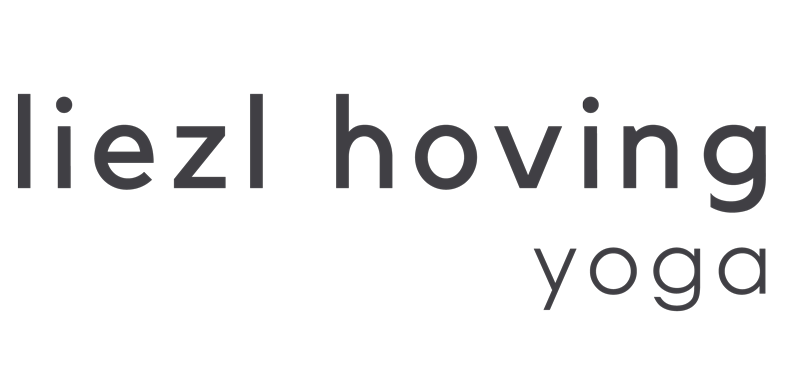When wellness isn’t well
I have been doing corporate wellness days & fairs for almost 10 years now. Initially I thought if only I have more experience, if only I am better trained, then I will get paid better. In some cases that has transpired to be true, but more often it is not. The practice of asking a well trained professional to offer their time, skill and expertise for free is exploitation.
Wellness isn’t wellness if everyone at the table is not benefitting.
The people who have commented on my FB post are all artists, entertainers, medical doctors, psychologists and other wellness providers who have experienced the same as me over and over again. And that speaks to practices in the industry as a whole and even worldwide. It doesn’t have to be the case and thus I wanted to share some of my ideas on creating a way forward that honors providers in the same way as you honor your employees.
How can we do better together?
Best Practices for a Wellness Day
Before the event
On the day of the event
Follow up
- Offer a fair industry related hourly rate (Based a per person per hour + transport + preparation time)
- Have a proper space & equipment ready for all your employees
- If you do not have equipment, you can ask the facilitators to bring some for a fair rental fee (equipment hire, cleaning + transport)
- Send a summary of your company’s wellness goals, challenges & expectations to the wellness provider, so they can prepare accordingly for the session.
- If possible share any health concerns that might impact an employee’s participation in movement or otherwise to ensure the safety of all during the session.
- Be clear about the number of people attending and honor that number agreed upon even if less people attend. And be willing to increase to the amount if more people attend than anticipated.
- Distribute indemnity forms (paper/digital) amongst employees before the event and return to wellness provider
- Invite wellness providers before hand so they can familiarize themselves with the space and how they will setup
- Give wellness providers enough lead time so they can prepare, create & get material printed if need be. Two weeks ideally.
- Once agreement has been reached & signed, it is only fair to pay a 25% to 50% non-refundable booking fee to the provider. Too often things are canceled last minute and providers have booked out precious time to be left high and dry. Additionally any material prepared for the session needs to be refunded.
- The same goes the other way and a penalty fee can be arranged if the wellness provider cannot make it or find a suitable replacement should they be unable to make it for legitimate reasons like illness.
- After the event do a follow-up with the providers to ascertain how many new clients they have gotten directly related to the event. This conversion rate should give you a clear idea on the impact or success of your wellness day/fair. And potentially a follow up at a later date to measure ‘if it stuck’ and if not not figure out why not. Those would be the real obstacles to address in a wellness program that is serious about change.

From introductions to sustainable relationships
Free platforms are not enough, there are plenty of free & effective platforms out there. More valuable than handing out business cards is for providers to receive email lists that allow people to do direct marketing of services. Business cards just end up lost in a handbag or in the trash, especially if someone received several of them in a short period of time.
There are several ways for providers to receive emails, but especially new providers often lack the digital infrastructure or knowledge to capture such valuable data on site.In such cases, emails can be connected to indemnity forms and thus emails can be available at a later date. Alternatively, the company can distribute an once off email to all employees with the details & services of the provider, if it is not possible to obtain consent for adding people to a mailing list.
It has been shown that customers need several interactions with a brand or service often before they are inclined to actually pay for it and step over the discomfort & challenges that are associated with the uptake of new behaviors.
There are many internal barriers, especially around establishing healthy behavior which makes the once of contact with a wellness fair unlikely to be valuable to providers. Uptake is usually only by people who already have healthy habits & mindset towards wellness and leave those who need it most still isolated & left behind.
A more impactful way of doing it is to facilitate shorter & accessible sessions over a longer period of time so that people have a chance to notice improvement, come to value it and work through the cognitive dissonance that is inevitable in the process of lifestyle change. It creates a trusting relationship needed for people to open up, share their personal challenges and receive the specific guidance they need to make progress and stay motivated.
In my personal experience a once off yoga class often does more harm than good. People do not have the physical capacity or inner skills (which the practice cultivates over time through repetition) to notice the benefits of what they have done. They straddle a strange limbo between their work and personal personas and rarely actually move into the depths of the practice where the wellness benefits are received.
Suggestions on how to move past these challenges
- Partner with a provider to create online resources for employees to access
- Pay for wellness session to be hosted at work on a regular basis (once or twice a week)
- Subsidize memberships with vetted providers
Section 3
Type an introduction and summary of what this blog is about.


